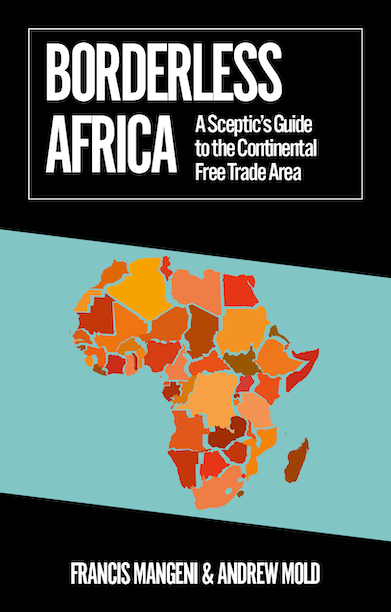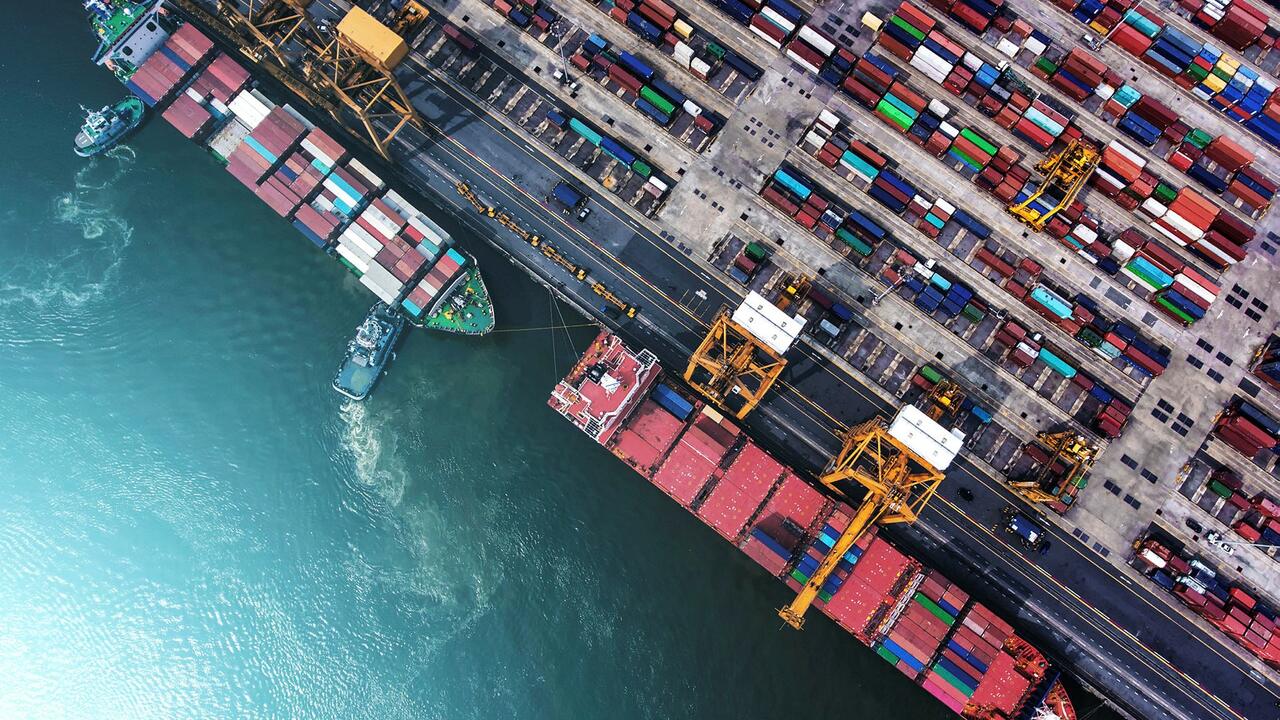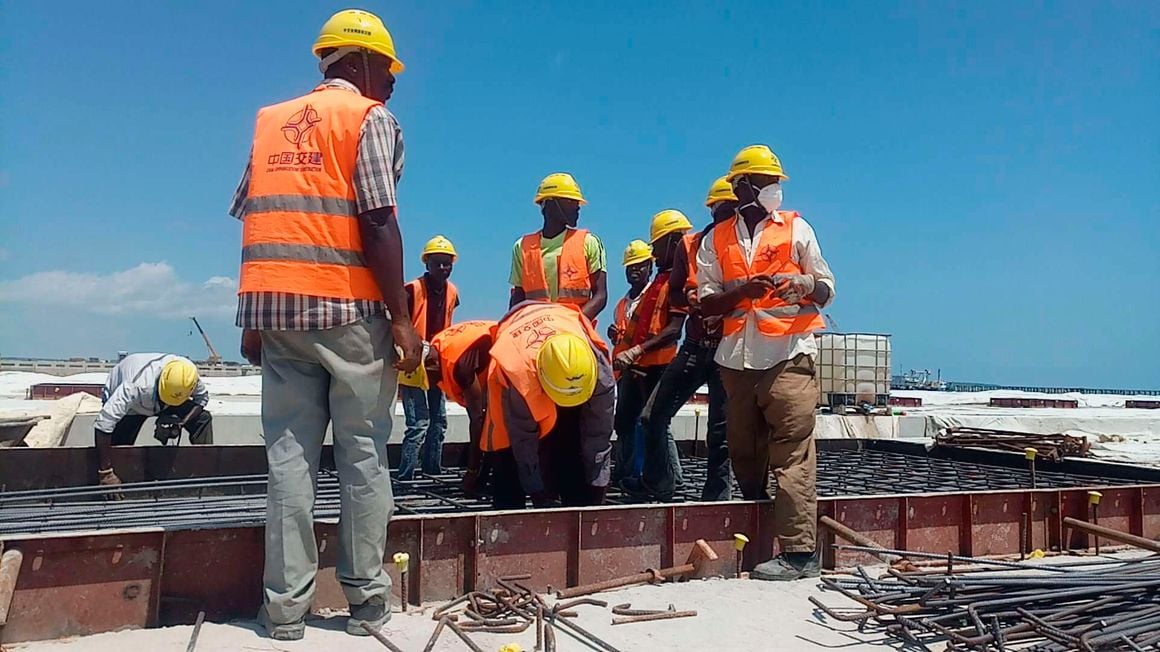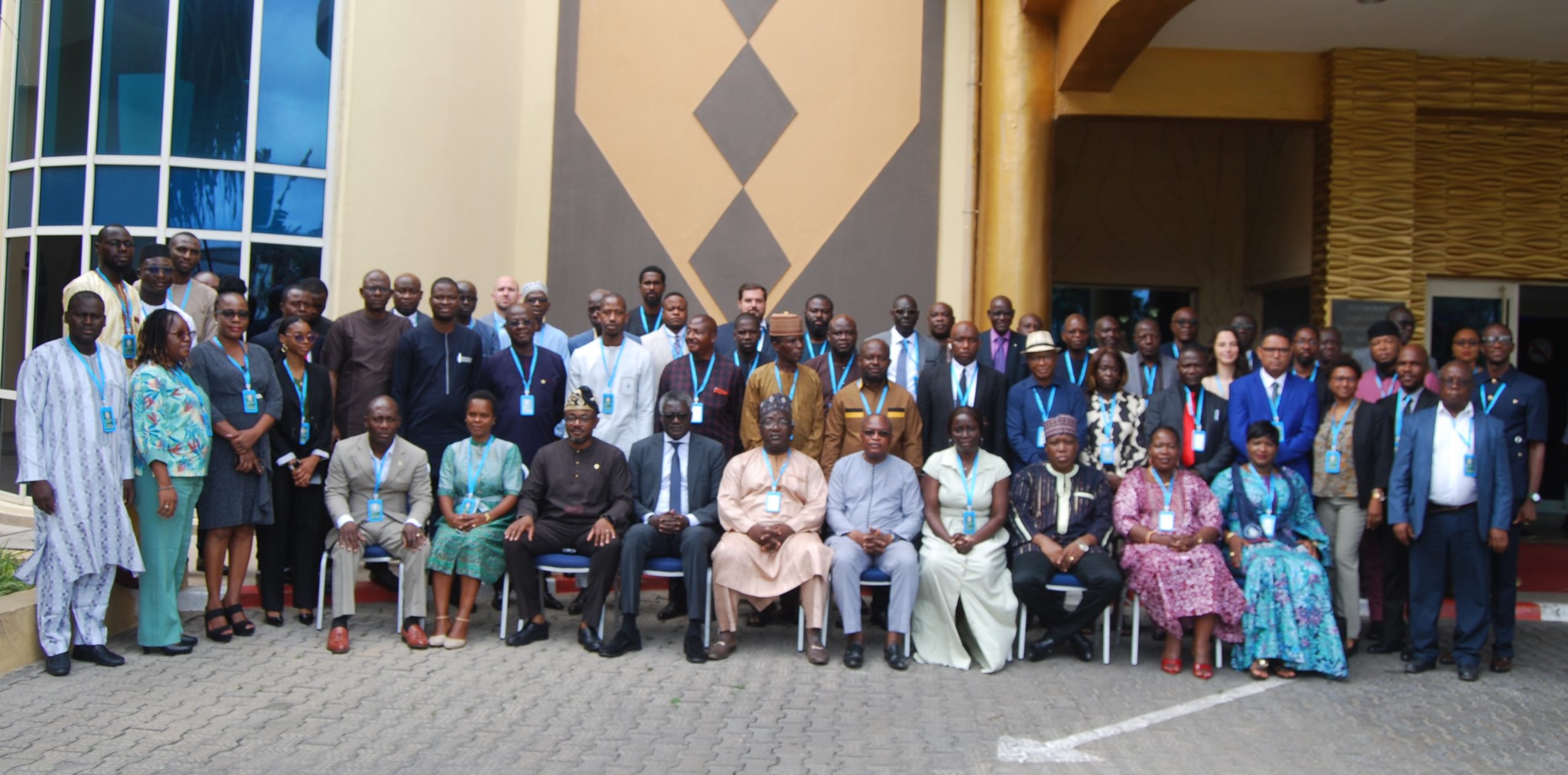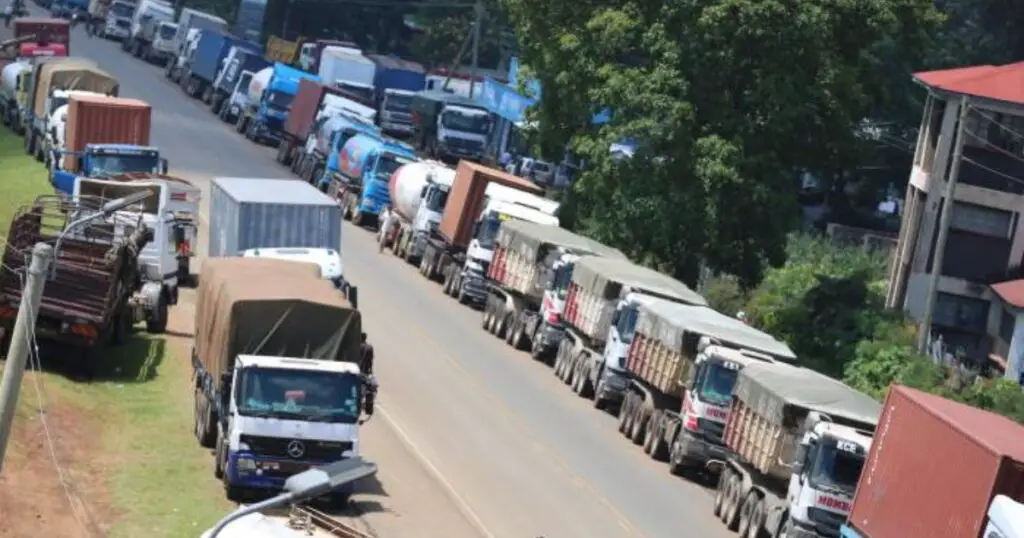Le gouvernement éthiopien a reçu la première cargaison de 60 000 tonnes d'engrais importés du Maroc par le port de Lamu. C'est la première fois que l'Éthiopie importe des marchandises par le port de Lamu depuis sa mise en service il y a trois ans. Au cours des derniers mois, une délégation éthiopienne a évalué la viabilité du corridor de transit Lamu Port-South Sudan-Ethiopia (Lapsset). Depuis de nombreuses années, l'Éthiopie utilise principalement les ports de Djibouti et de Mombasa. Samedi, un navire éthiopien, MV Abbay II, a commencé à décharger les 60 000 tonnes d'engrais en vrac. Le directeur général de la Kenya Ports Authority, William Ruto, a déclaré qu'il s'agissait de la plus importante cargaison d'engrais en vrac à avoir accosté au Kenya. "Cela témoigne de nombreuses années de planification, de dévouement et de travail acharné pour faire du port de Lamu une plaque tournante de la logistique dans la région", a-t-il déclaré. L'engrais a été ensaché dans le port, avant d'être chargé dans les camions en attente pour le transport vers l'Éthiopie. "Nous sommes reconnaissants et pensons qu'il s'agit du premier des nombreux navires transportant des marchandises à destination de l'Éthiopie que nous traiterons à l'avenir", a déclaré M. Ruto. Le ministre éthiopien de l'agriculture, Girma Amante, a déclaré que le corridor de transit Lamu Port-Soudan du Sud-Éthiopie est un projet de transformation essentiel pour l'ambition de l'Afrique d'établir une zone de libre-échange continentale, car il soutient la libre circulation des biens, des services et des personnes à...
Grande victoire pour le Kenya : l’Éthiopie importe des engrais via le port de Lamu
Posted on: May 17, 2024
Posted on: May 17, 2024


